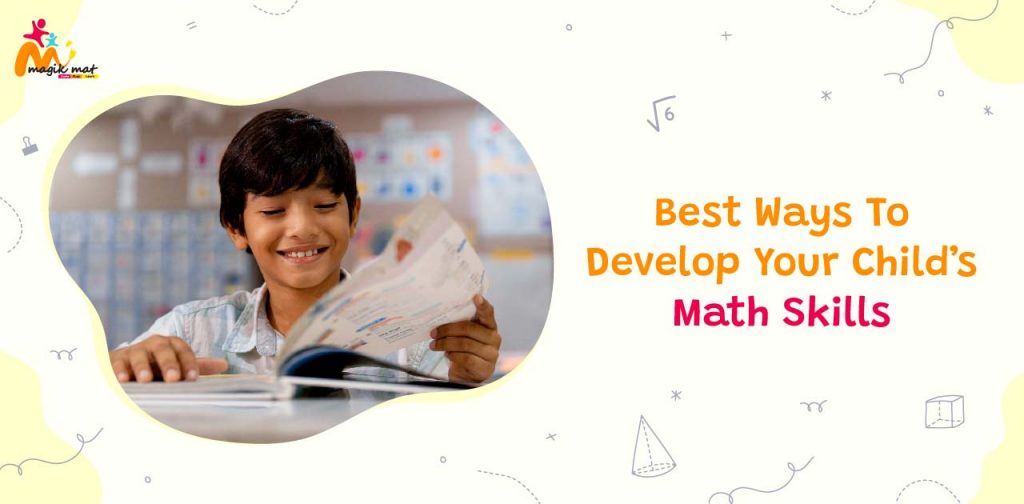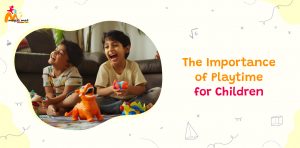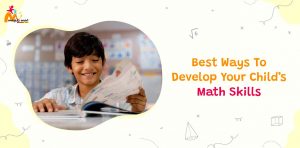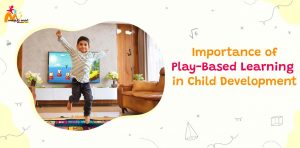Introduction
Understanding the distinction between wholesale and retail business is crucial for success in eCommerce. Each model plays a critical role in the market, yet they are often confused. How do these models work, and which one suits your eCommerce business best? This blog will clarify the difference between wholesale and retail business, helping you determine which model aligns more effectively with your business needs.
Incorporate Math Into Daily Activities
One of the most effective methods for developing your child’s math skills is to incorporate math into everyday activities. This approach helps make learning math a natural and relevant part of their daily experiences.
- Grocery Shopping: Involve your child in grocery shopping and have them assist in planning the family’s budget. Introduce concepts such as price, total cost, and product quantities. Through this activity, they will gain practical experience with money management, addition, and subtraction.
- Cooking and Baking: Invite your child into the kitchen to assist with meal preparation or baking. Have them count ingredients, understand proportions from recipes, and set timers. These tasks help them learn about fractions, measurements, and the concept of time.
- Outdoor Play: Incorporate math concepts into outdoor play by counting steps while walking, comparing the heights of different trees, or measuring the distance of a throw. These activities help kids to reinforce skills in counting, measurement, and comparison.
Use Educational Math Games
Math games are among the most effective ways to teach children math while making the learning process enjoyable. These games can be digital, accessible through software or apps on various devices, or physical, typically played as board games.
- Board Games: Classic board games such as Monopoly, Yahtzee, and Scrabble incorporate numeracy skills in kids, including counting, calculating, and recognizing probability. These popular games provide an opportunity for family members of all ages to practice math together.
- Magik Mat: Magik Mat is an innovative Edutech product designed to keep children both active and engaged while learning mathematical concepts. The mat features interactive games, such as solving math problems by jumping on designated areas, which combine physical activity with learning. This approach helps develop mathematical skills in an engaging and dynamic way.
Encourage problem-solving and critical thinking
Developing problem-solving and critical thinking skills is essential for mastering math. Encourage your child to think logically and approach problems systematically.
- Puzzles and Brain Teasers: Engage your child with puzzles and brain teasers to enhance their thinking ability and cognitive skills. Number puzzles like Sudoku, word searches, and logic problems help develop critical and analytical thinking abilities.
- Math Word Problems: Help your child understand how math knowledge is applied in real-life situations through math word problems. These problems not only help children solve practical challenges but also enhance their reading and comprehension skills.
- Encouraging Perseverance: Teach your child to persevere through challenging problems. Encourage them to try different approaches and not give up easily. This mindset fosters resilience and confidence in their math abilities.
Make Math A Part Of Storytime
Integrating math into story time is an excellent way to make learning math enjoyable and engaging. There are many children’s books that incorporate math concepts into their stories.
- Math-Themed Books: Books like The Grapes of Math by Greg Tang and One Grain of Rice by Demi use storytelling to incorporate mathematical concepts. These engaging books make learning math enjoyable and accessible for children.
- Counting Books: For children who are young, picture books such as “Ten Apples Up On Top!” by Dr. Seuss and “Chicka Chicka 1, 2, and 3” by Bill Martin Jr. and Michael Sampson help the children with counting and learning the numbers.
- Interactive Stories: Choose books with simple math problems that involve children as they turn the pages and follow the story. These interactive books ensure active learning by incorporating math into the plot, enhancing young children’s understanding.
Magik Mat: Enhancing Math Skills Through Play-Based Learning
Magik Mat offers a unique approach to developing math skills in kids through play-based learning. It aligns with the general approach of utilizing toys to build up mathematical intuition and abilities. Combining physical activity with education, Magik Mat makes learning math fun and engaging. Magik Mat offers a range of interactive edutainment games based on counting numbers, addition, subtraction, and so on, which enhance the child’s mathematical skills effortlessly and with engaging fun activities.
Counting Games
Magik Mat offers activities involving numbers where children must jump on the numbers in the correct sequence. This activity not only improves their counting skills but also aids in motor skill development.
- Addition and Subtraction Challenges: Magik Mat includes exercises where children must jump on the correct answers to addition and subtraction problems. This method makes learning mathematics more exciting and engaging.
- Alphabet and Number Recognition: Magik Mat also features games designed to enhance children’s letter and number identification skills. These activities improve memory and intelligence, making the learning process enjoyable and effective.
Conclusion
Educating young children in mathematics involves mathematizing the environment, playing number games, solving problems and counting, incorporating counting into story time, and encouraging the child about mathematics. By adopting these strategies, you create an outstanding environment for learning math. Educational products like the Magik Mat complement this approach by offering an engaging and interactive way to learn and practice math. Implement these techniques to ensure your child not only enjoys math but also excels in it, paving the way for future success as a learner. With consistent practice and a supportive learning environment, your child will develop a strong foundation in mathematics, empowering them with the skills and confidence needed to tackle more advanced concepts in the future.





